This series is pretty darn special, that’s for sure. It’s been true all along, but the past several episodes have really hammered it home. I’m tempted to say it doesn’t get enough respect but the truth is, it’s a massive seller in Japan (even bigger than Kuroshitsuji, its stablemate). It even sells well in English. It just seems like, for whatever reason, it doesn’t get talked about that much. Taken for granted or not I don’t know, but not by me. The first season finished second in the LiA year-end list in 2020, and this one is certainly going to be prominent in the conversation for 2025.
As LiA readers will know pathos is a big selling point for me. And this arc – which really gets to the very essence of Jibaku Shounen Hanako-kun – overflows with it. Fate seems to be something of a zero-sum game with Hanako-kun – what benefits one necessarily hurts another. This is literally true with the Red House and Tsukasa’s wish – and for that reason one could hardly call it equivalent exchange (much closer to a monkey’s paw). But it’s true in subtler ways, too. And it’s a major reason why a tension exists between the characters in the series, and it’s hard to say who’s a hero and who a villain.
It’s a known quantity that Teru’s goals run in direct contrast to Nene’s. That makes their alliance an uneasy one. It’s a matter of necessity and convenience, and always destined to violently break at some point. Kou is eternally the one caught in the middle, torn between two people he loves. That means that essentially he’s going to be required to choose one or the other, sooner or later (and likely sooner). This is confirmed when Teru announces his intention to kill (exorcise) Number Seven when the group reaches the Boundary. It’s interesting that it was only Nene he chose not to share this with – Kou is included in the circle of knowledge. It seems to me Teru is testing his brother here. And for Kou, when the moment comes the only thing he’ll be able to fall back on are his convictions – what’s right, and what’s wrong?
I’d had a thought that Teru might try and sneak to the Boundary without Kou and Nene altogether in fact (forcing them to use their knowledge of the well to follow). Offering the pizza was suspicious – but it wasn’t a sleeping draught he’d sprinkled on top. Teru is a snake, he’s always up to something and keeping his own counsel. In this case he’d used mummified oni hand as a pizza topping (too spicy indeed, Tiara-chan) – a relic from the Misaki Shrine necessary for them to pass through to the Boundary (eating it temporarily turns a human into an apparition).
Speaking of, the Boundary seems to be collapsing. Hanako-kun locates Aoi-chan, who appears to be breaking down herself. He counsels her that with its connection to the world of the living closed, the Boundary is the worst place to be. A train awaits at the station – a limited express to the Other Side (such a train is always a powerful symbolism). Aoi is still herself, and understands the implications of this. She knows what she’ll be leaving behind forever if she rides that train. But she has no choice – all that awaits her otherwise is the void.
Is Hanako guilty of swapping Aoi’s life for Yashiro’s? One could make the case, though I think the answer is less that crystal clear. What I think can be stipulated is that if he is, he did so without intended benefit for himself. Nene might live, but he wouldn’t be able to share that life with her – he’s doing it for her sake, not his. And as he makes clear during his frank conversation with Aoi on that train, he loves Nene. When she asks what it is he loves about her, Hanako shows us an expression I don’t think we’ve ever seen on his face before and answers “Everything”.
Again, morality can be hard to judge in Hanako-kun. We have a lot of people here believing that they’re doing the right thing – and Teru certainly falls in that group. Teru is one of the hardest characters of all to assess – my view is that he’s a fairly reprehensible guy in many ways. But he makes it possible for Akane to find Aoi. One can’t fault Akane for feeling the way he does – this is the woman he loves, and her fate matters more to him than anything else. He, like Teru, views Hanako as the enemy. And I don’t think Teru is wrong in his psychoanalysis of Hanako – he justifies what are often dubious actions by telling himself he’s doing the dirty work that someone has to, so purer and more innocent souls (like Nene and Kou) don’t have to.
What Kou really feels about Hanako is perhaps the greatest mystery of all. The girl he loves is in love with him, which cuts him deeply. He would most likely make the decision he makes here – choosing Hanako over his brother – whatever his feelings about Hanako are, because he’d be doing it for Nene. But my read is that Kou would make this choice anyway, because he believes it to be right. He’s seen all aspects of Hanako, all the arrogance and irreverence and bottomless sadness. I’ve always felt that Kou is the moral fulcrum of this story, the one at the crux of all the myriad threads that run through it. As such, it’s his decisions that on some level are the most important of all, and that was very much the case here.


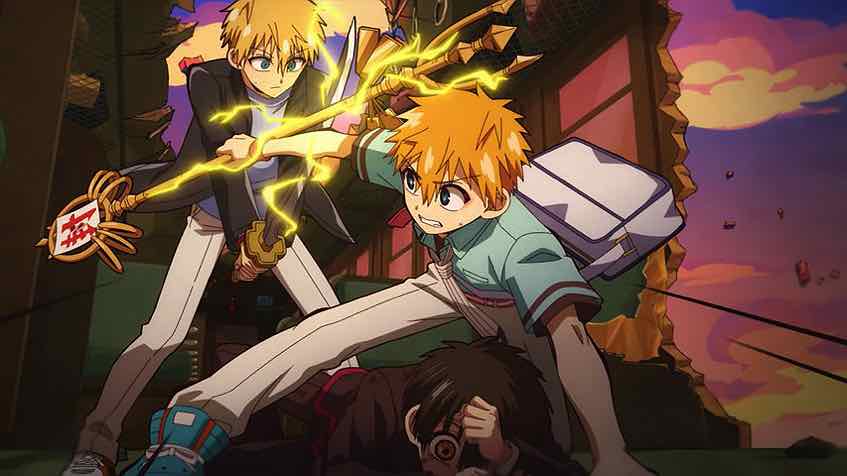
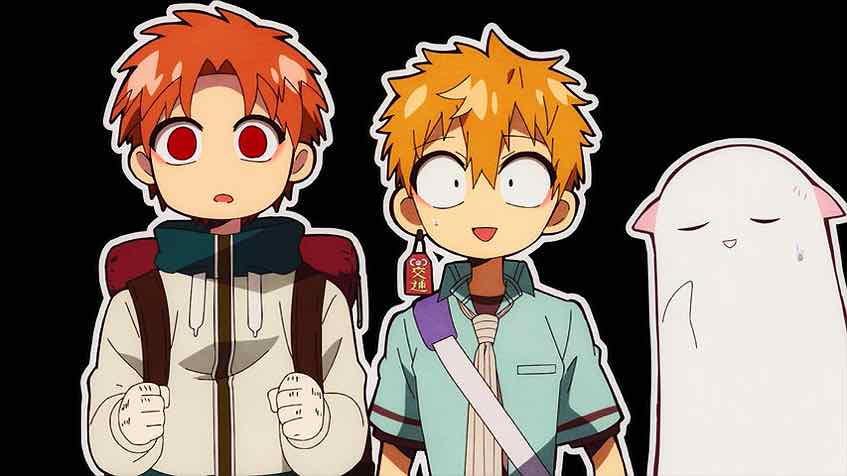
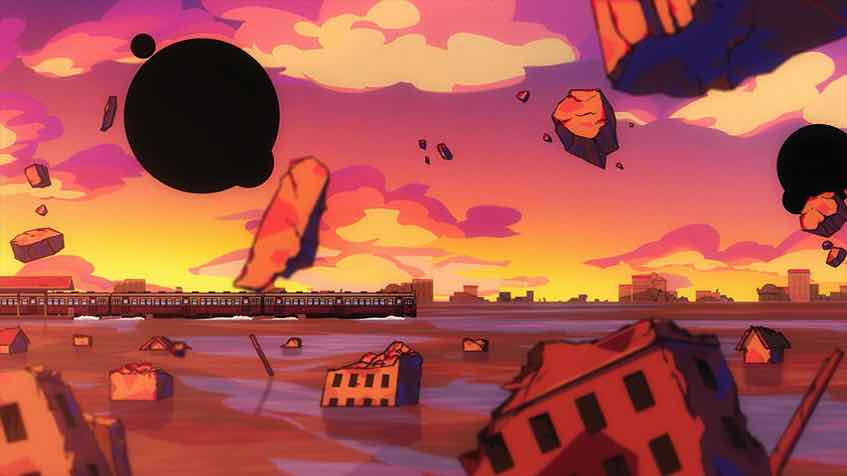
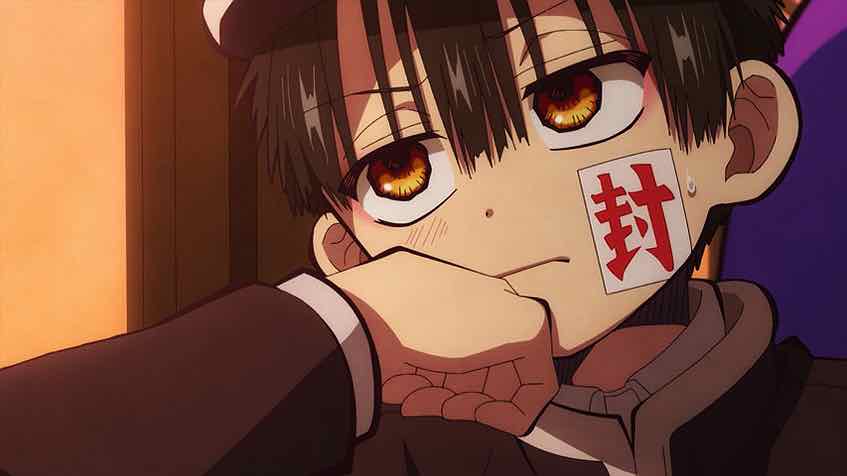
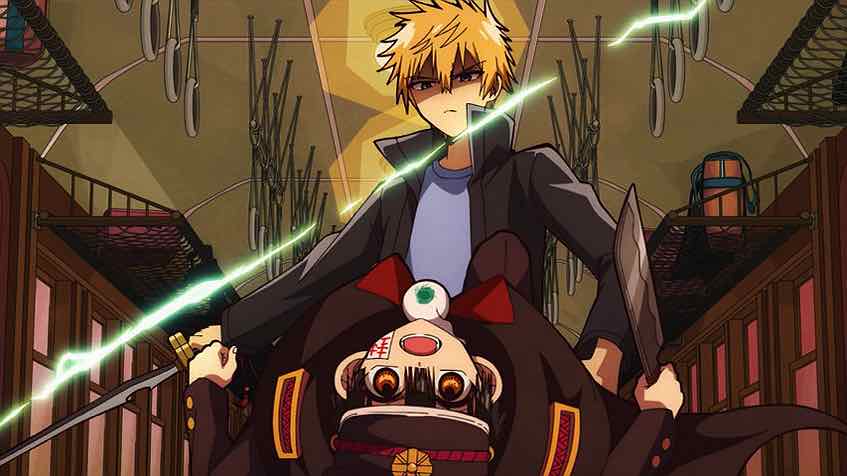
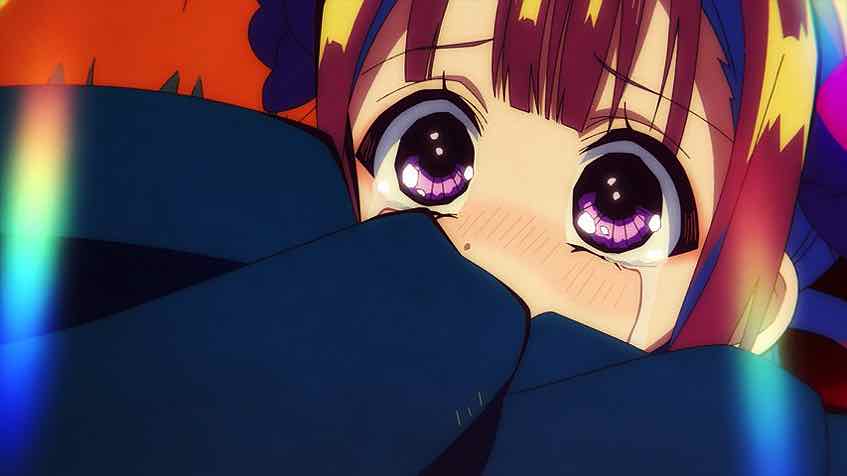
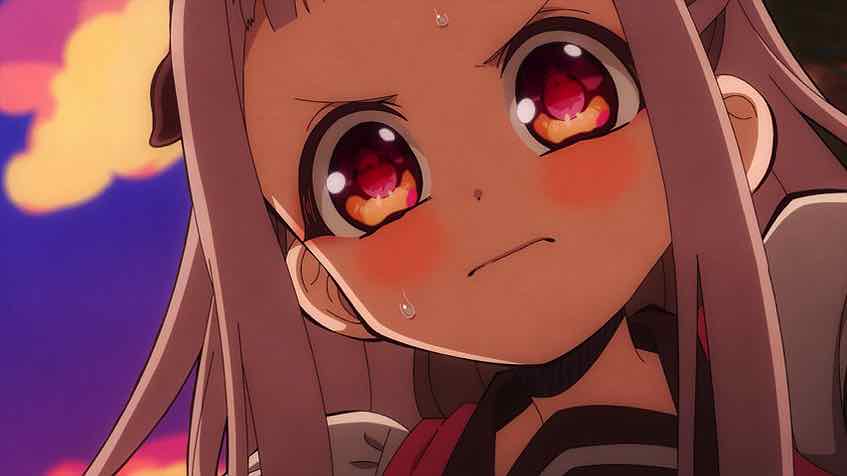
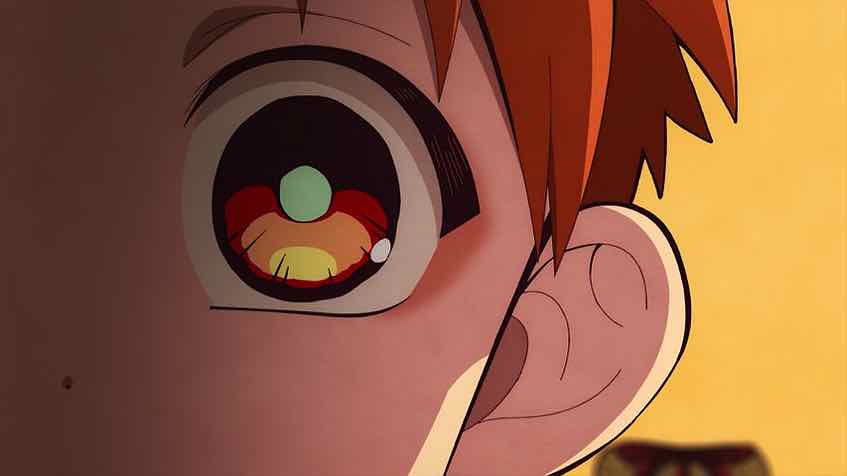
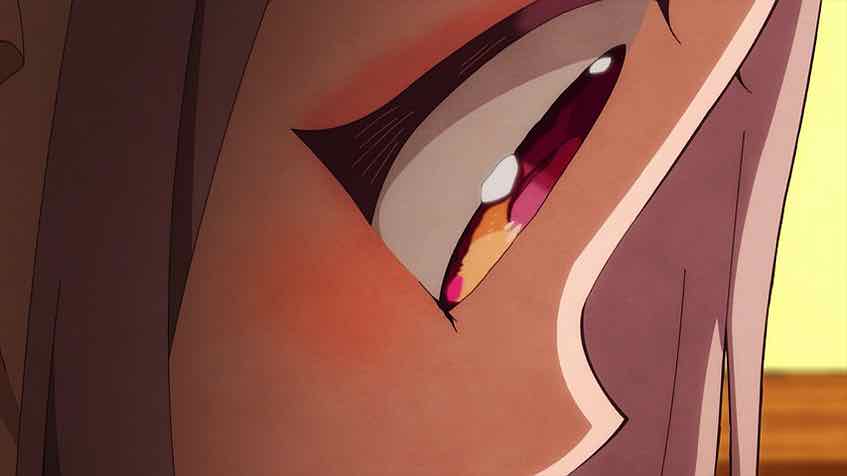
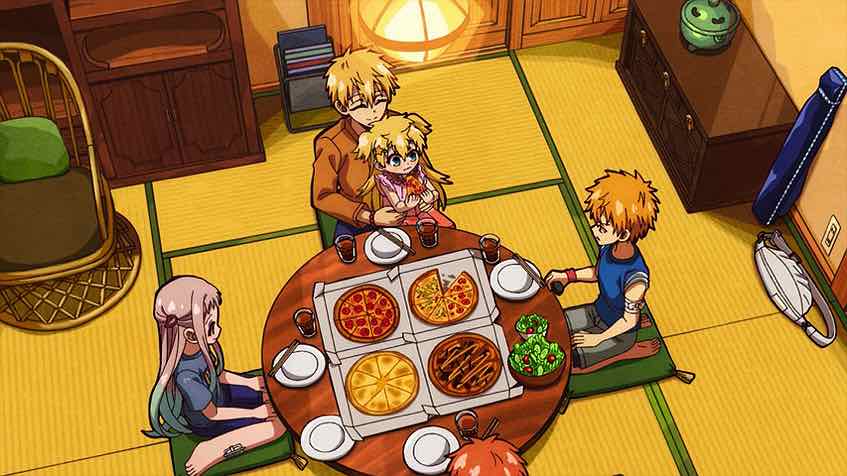
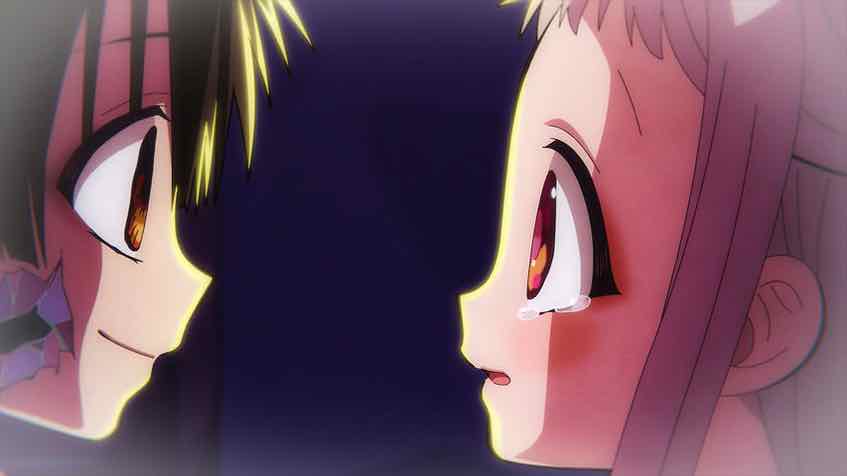
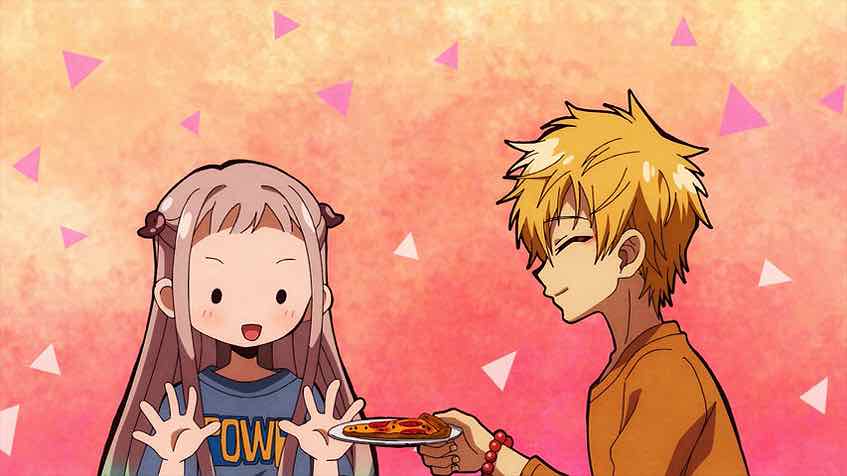
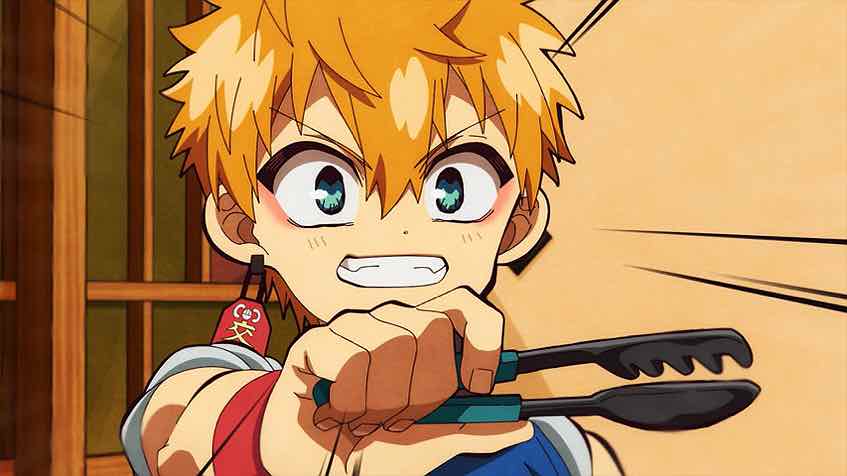
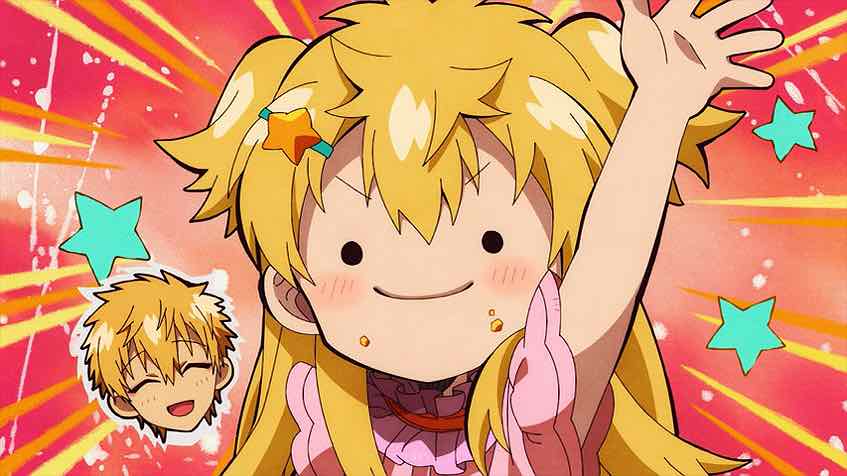
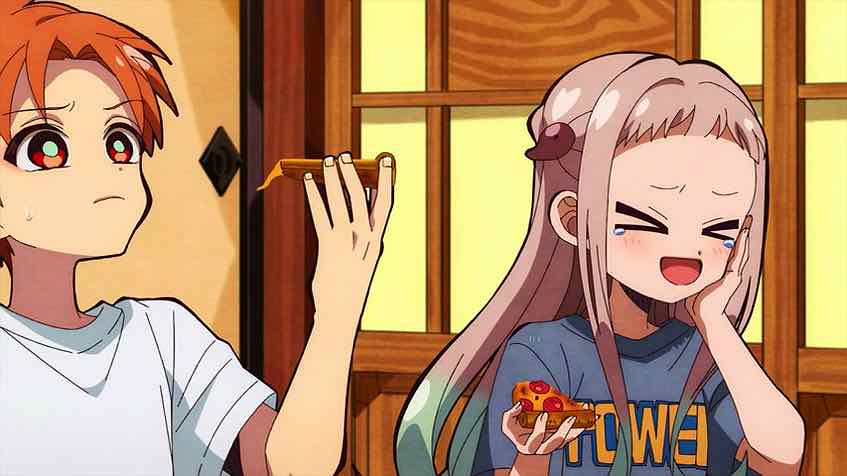
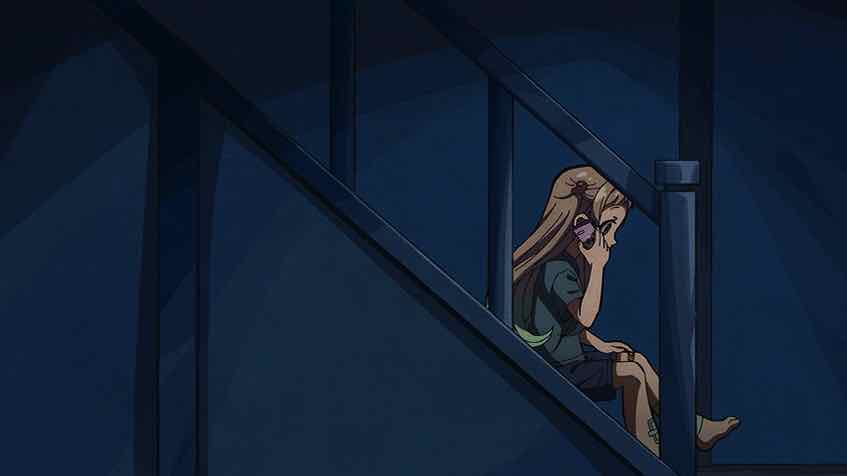
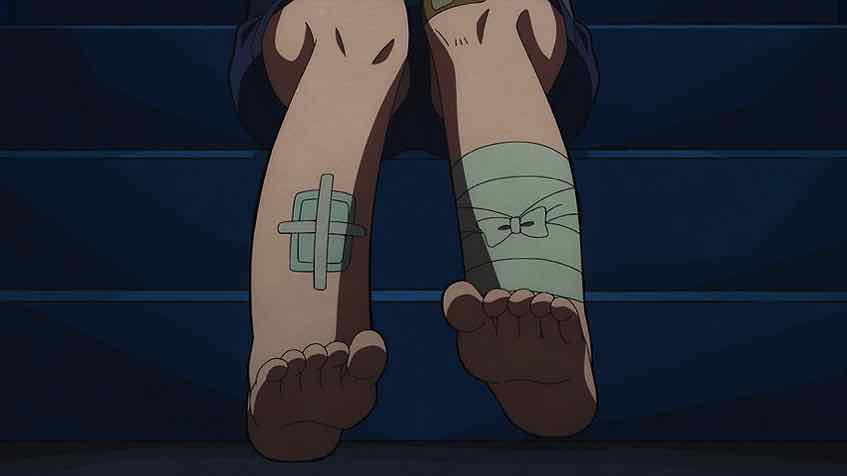
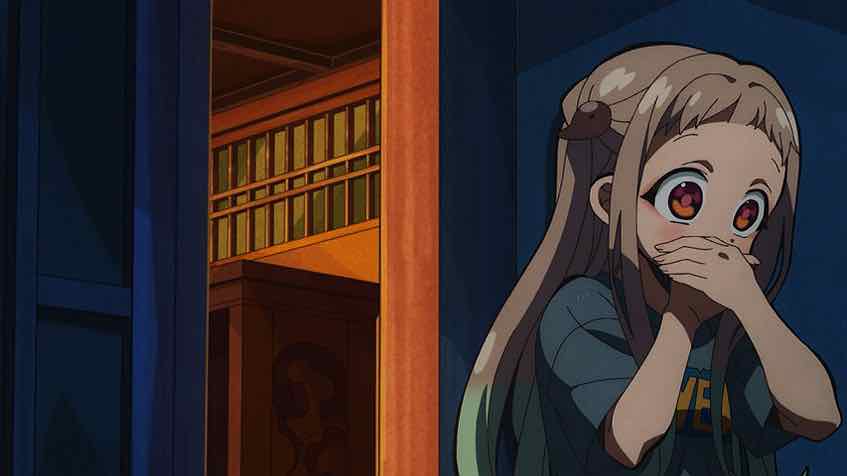
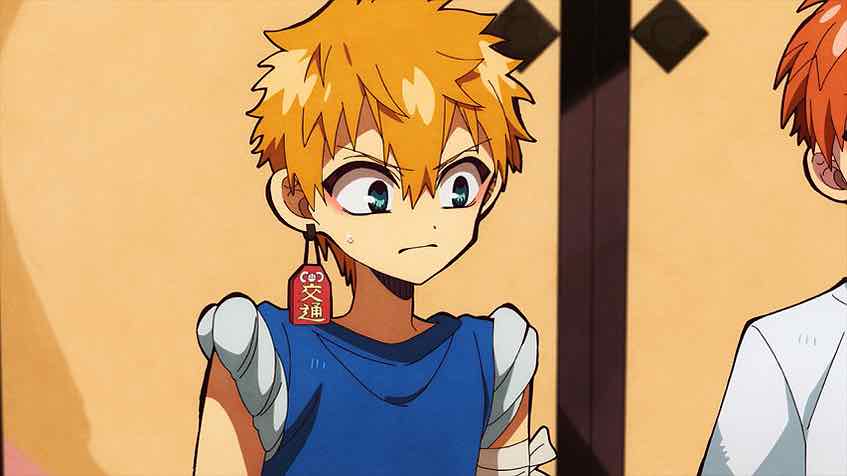
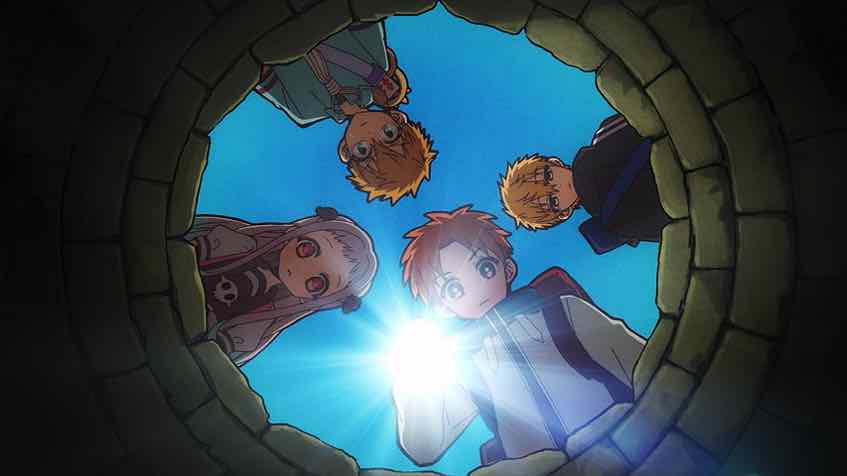
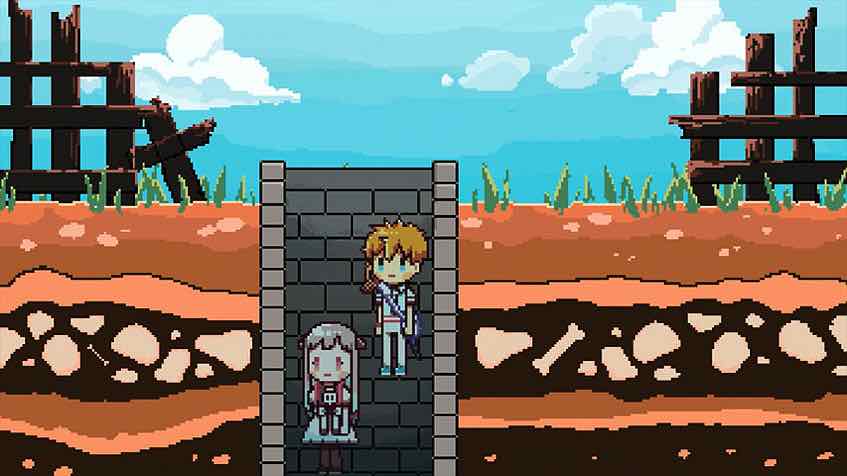
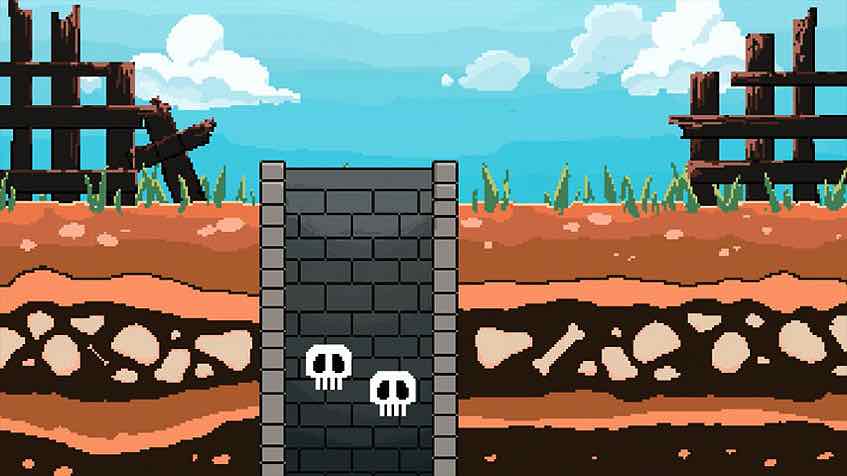
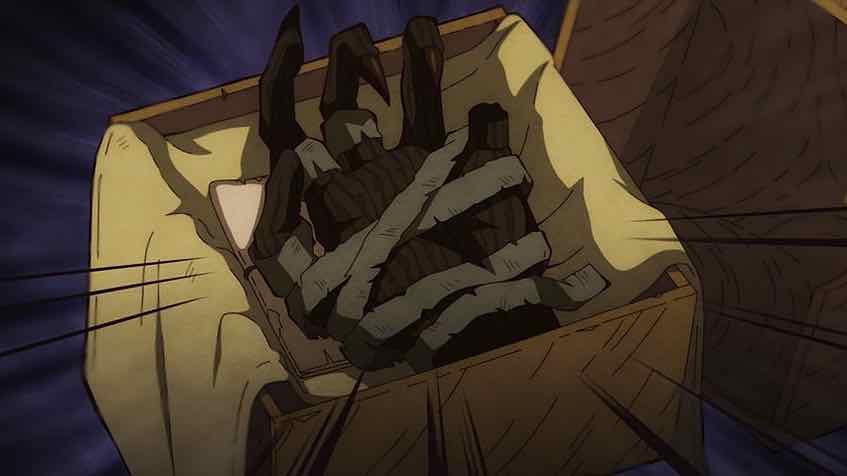
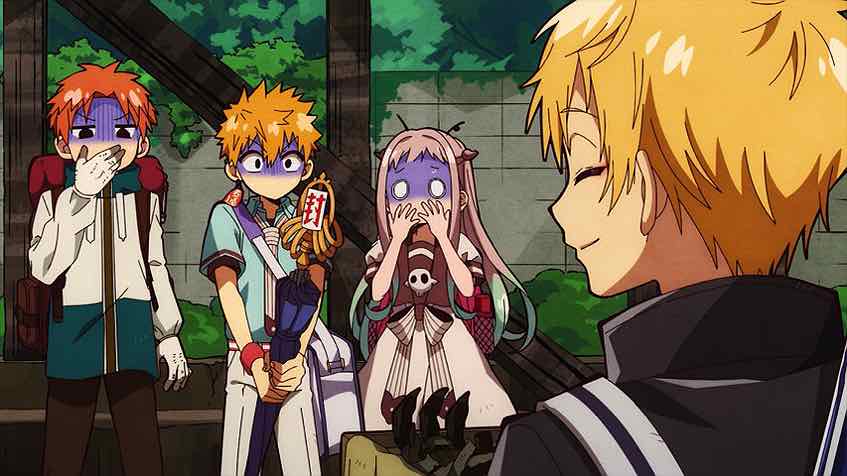
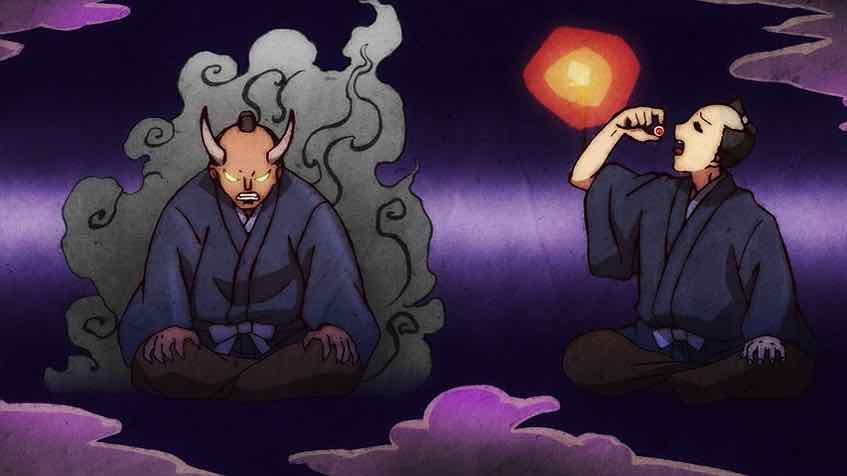
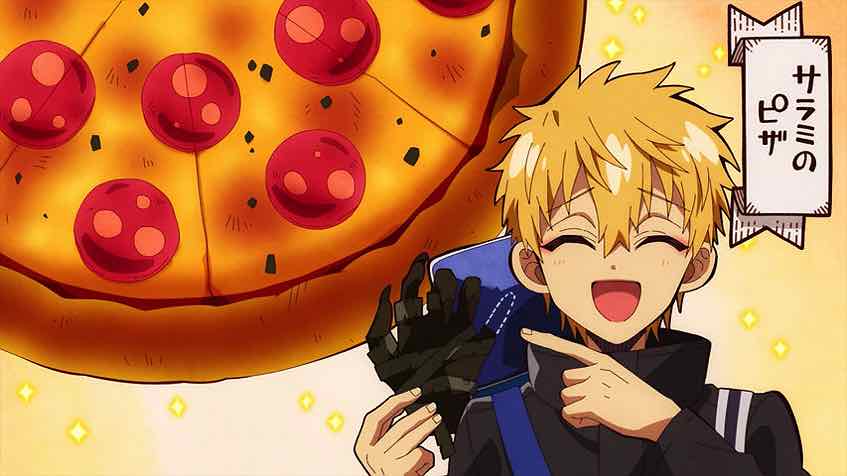
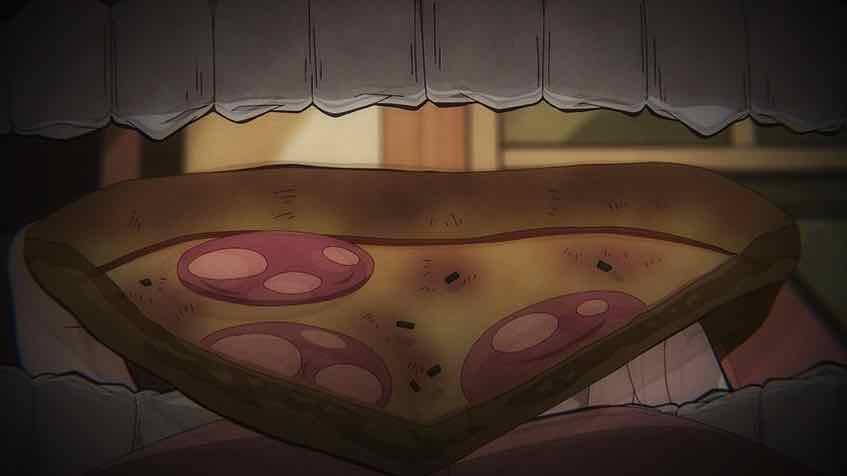
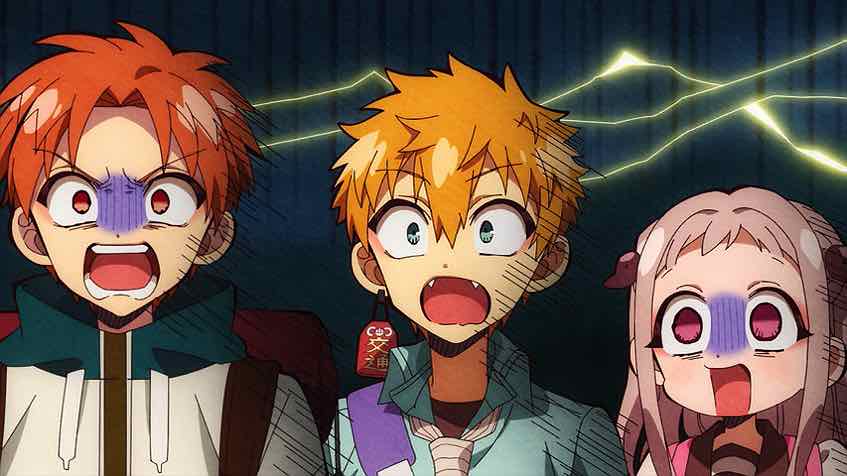
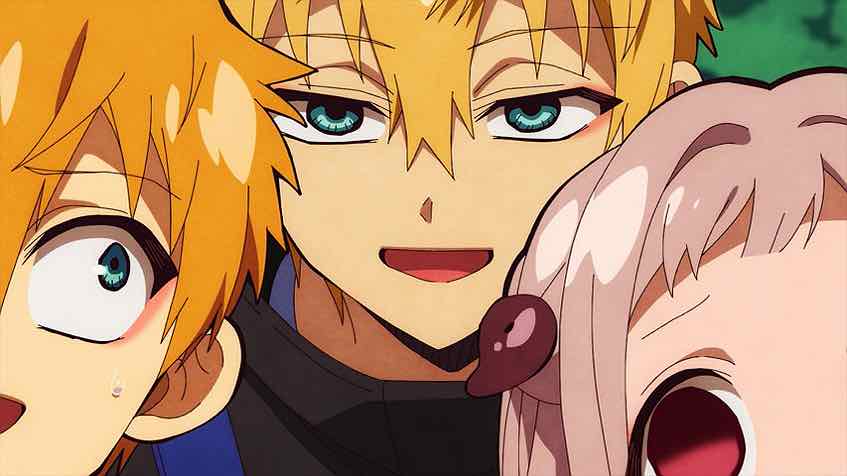
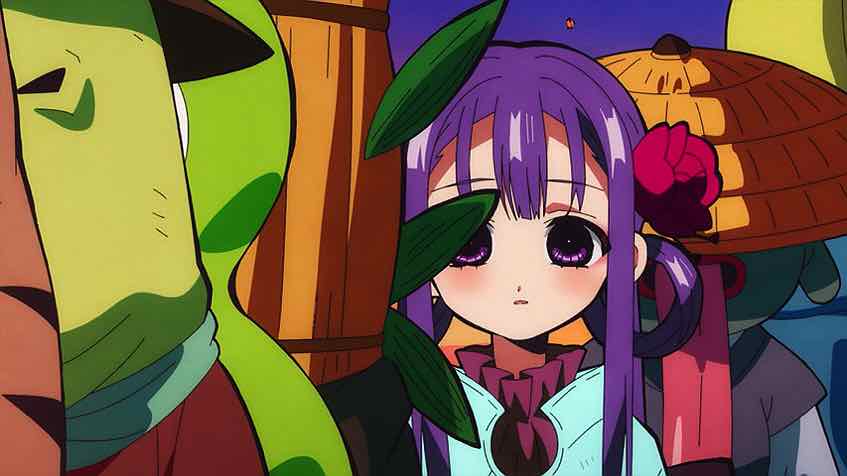
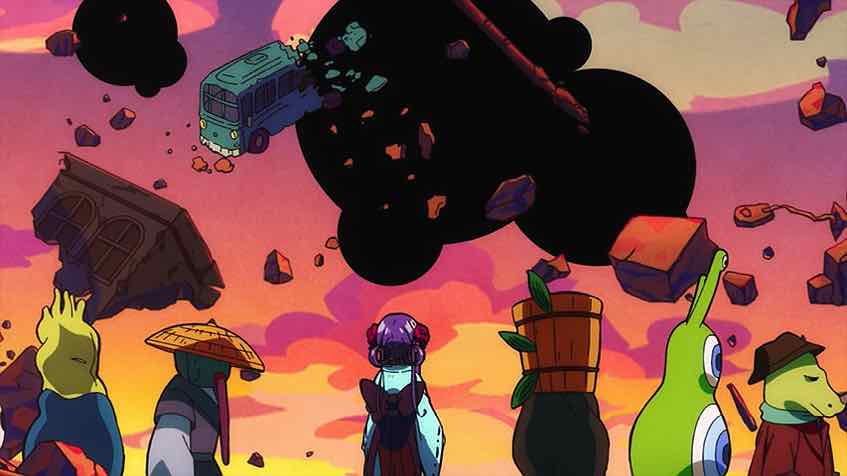
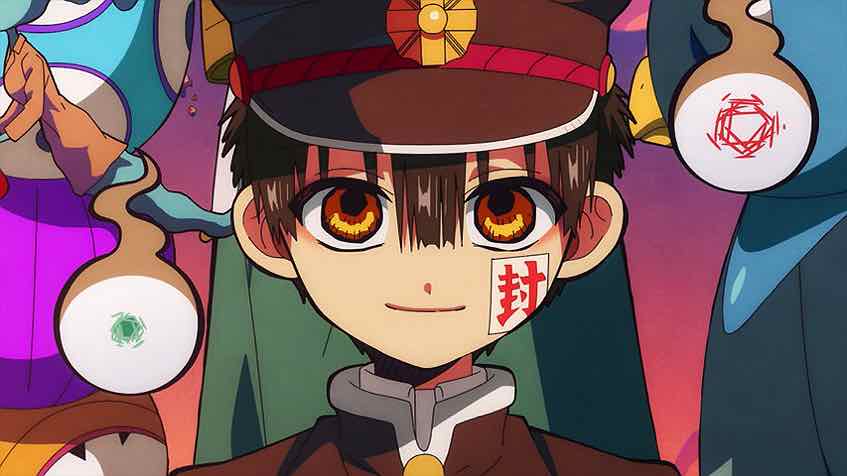
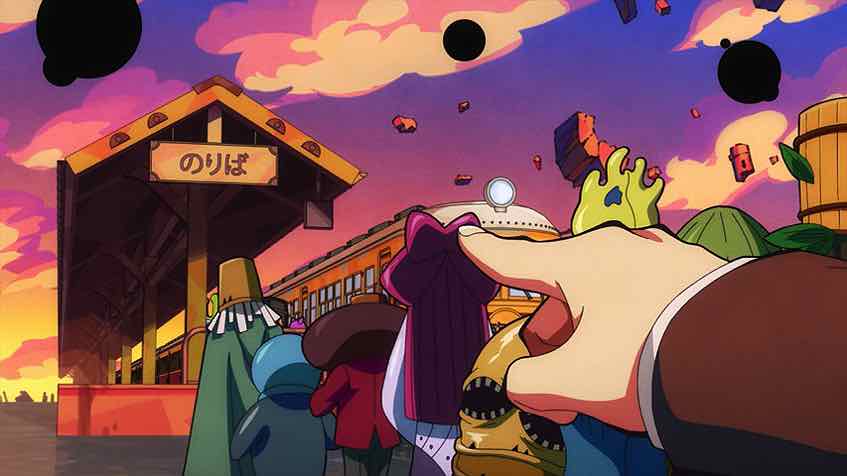
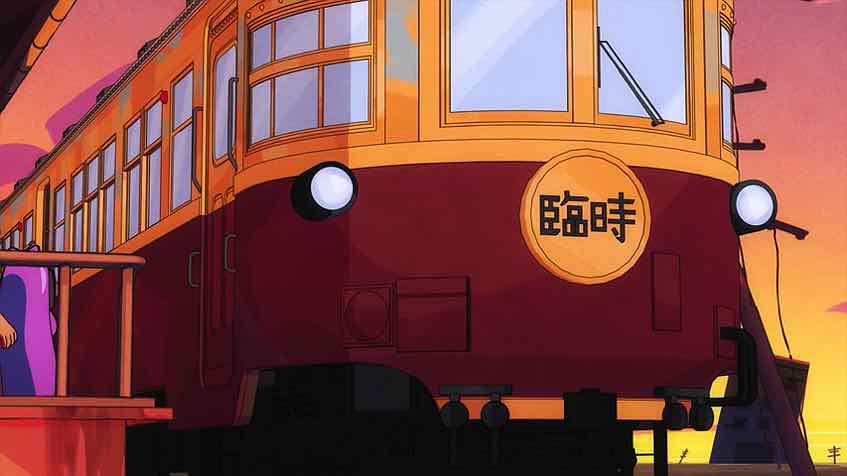
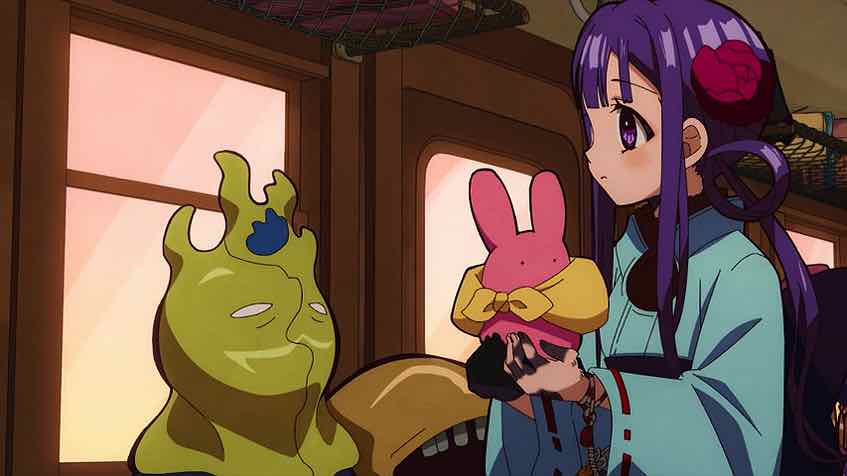
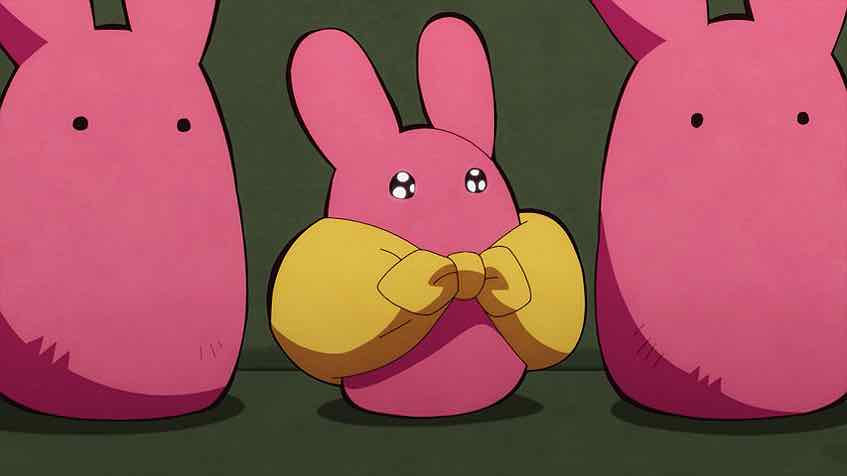
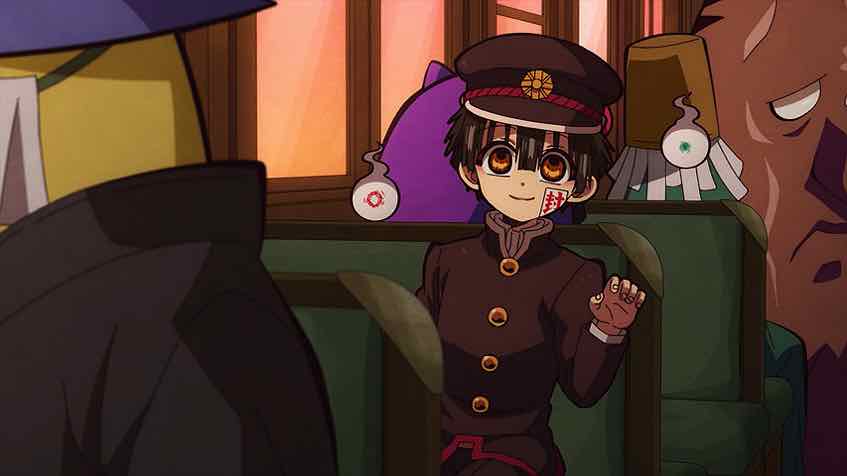
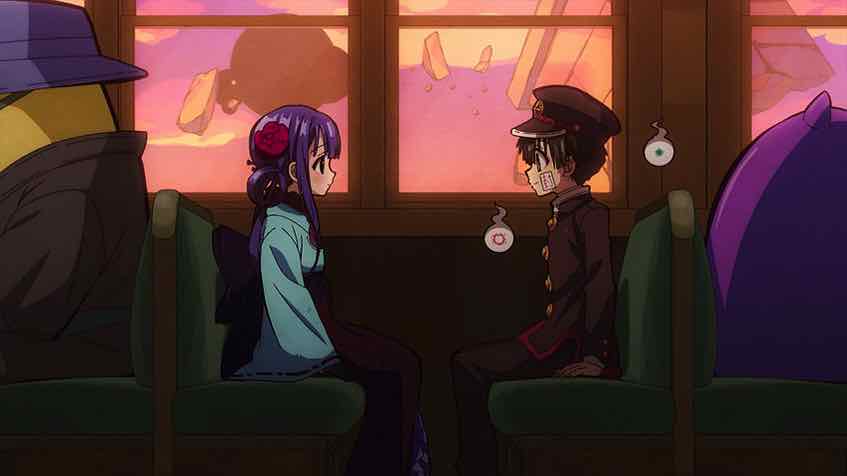
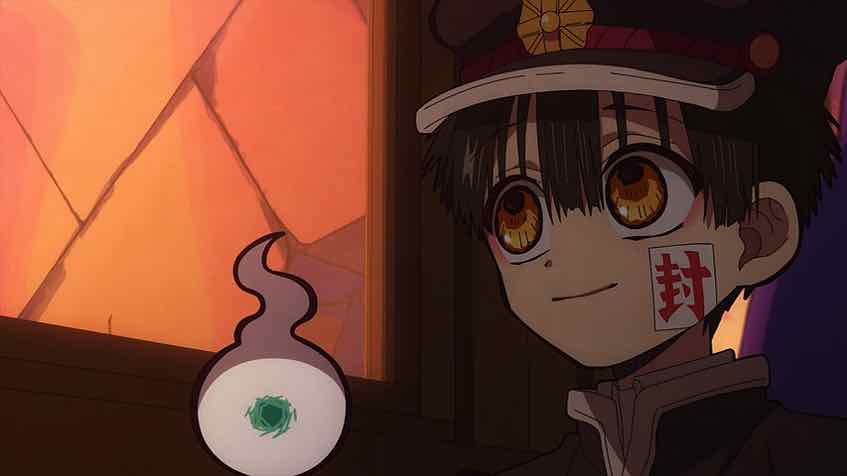
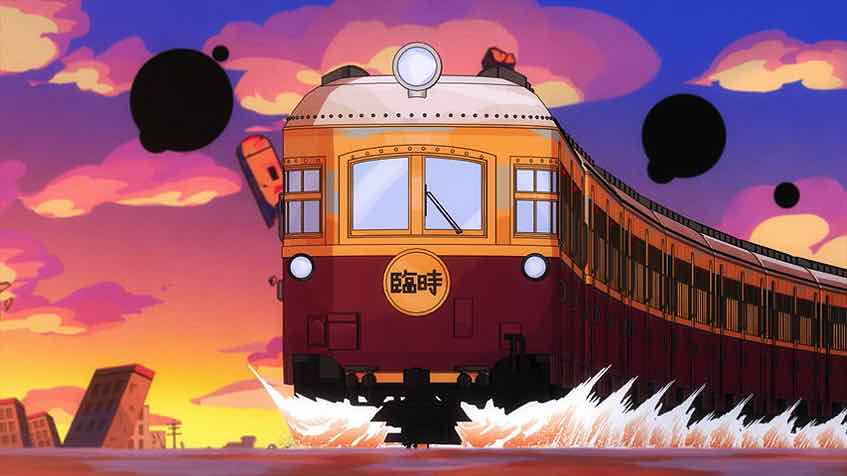
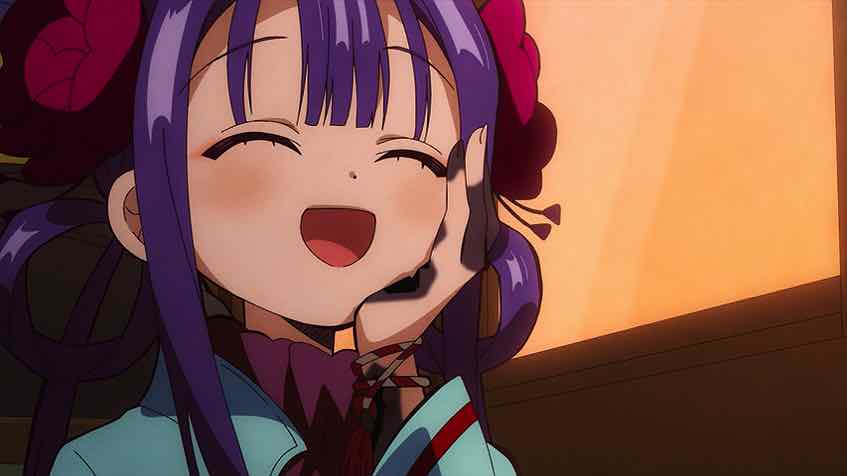
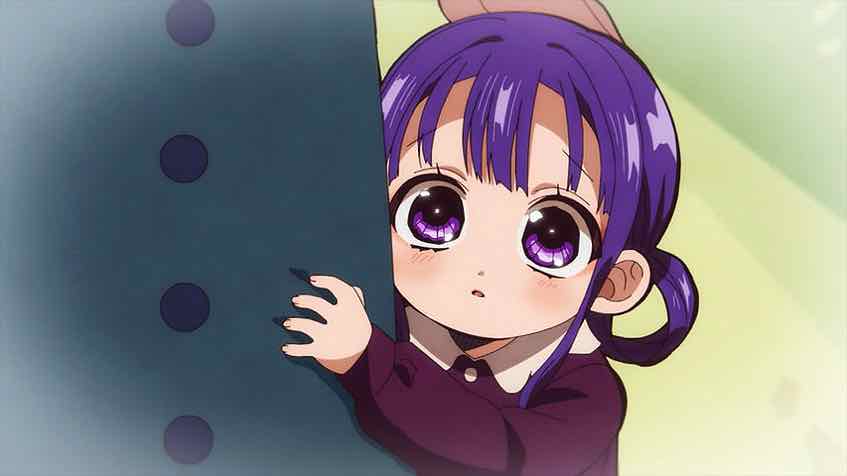
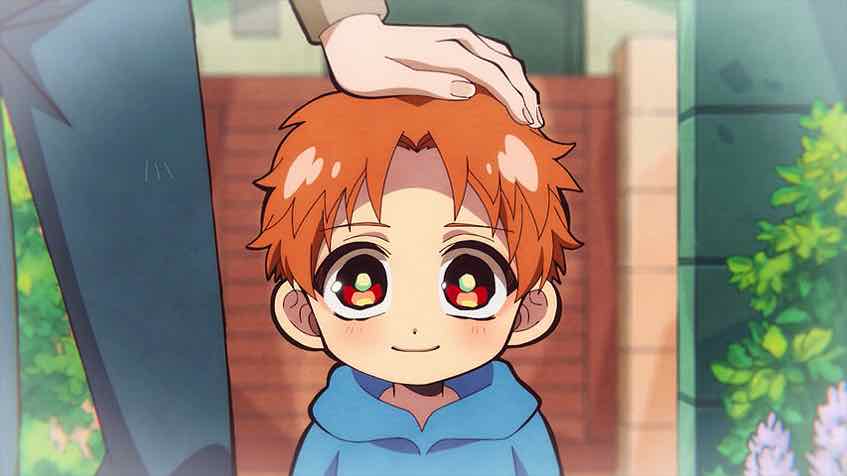
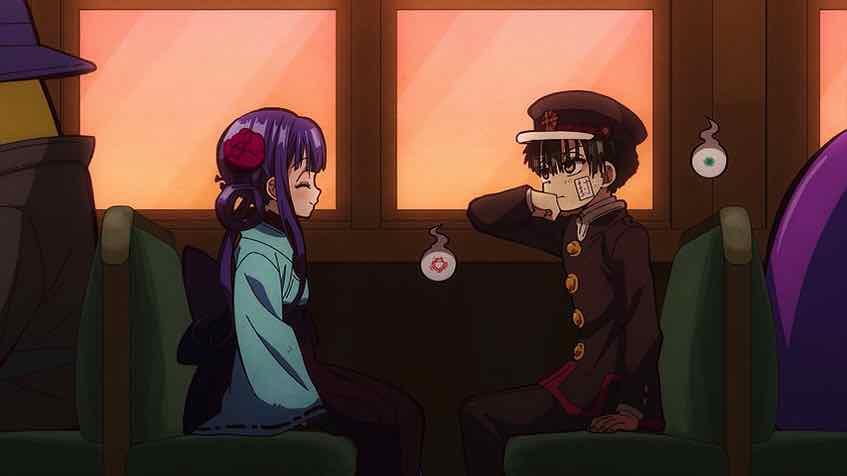
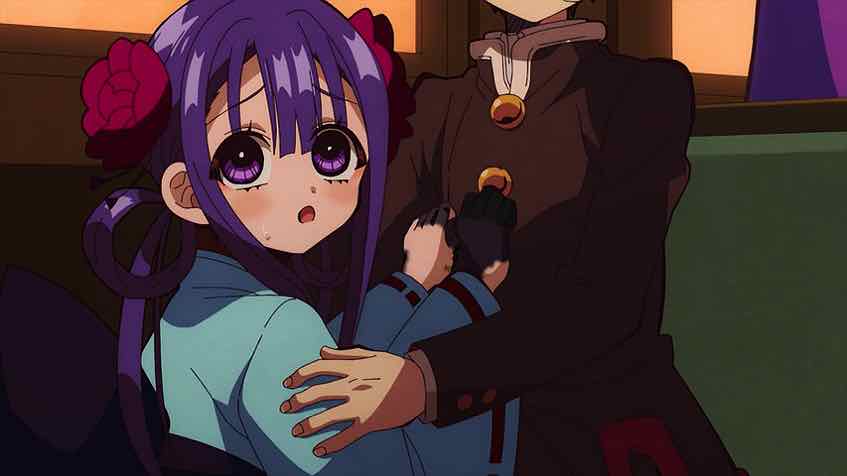
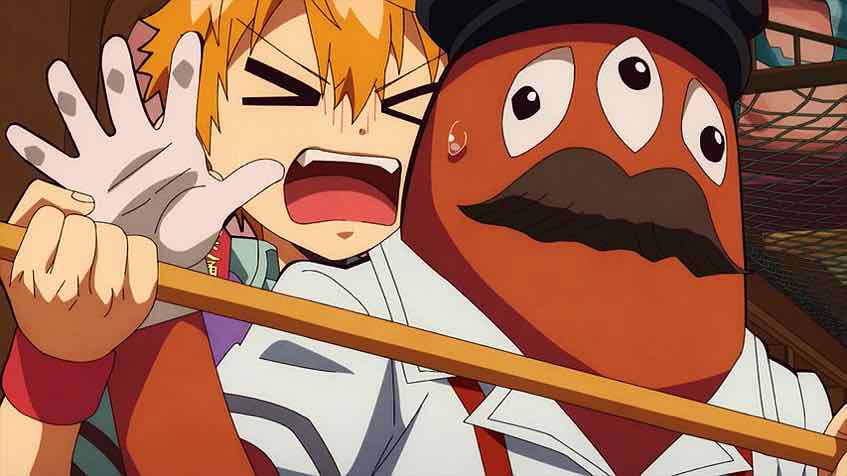
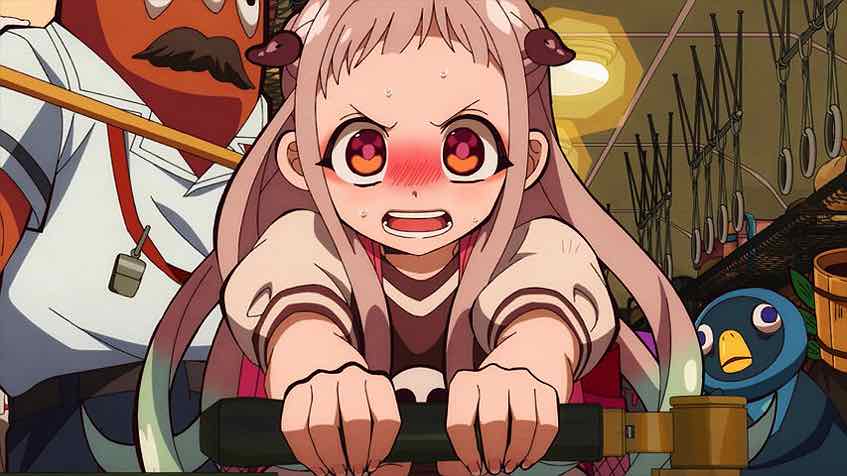
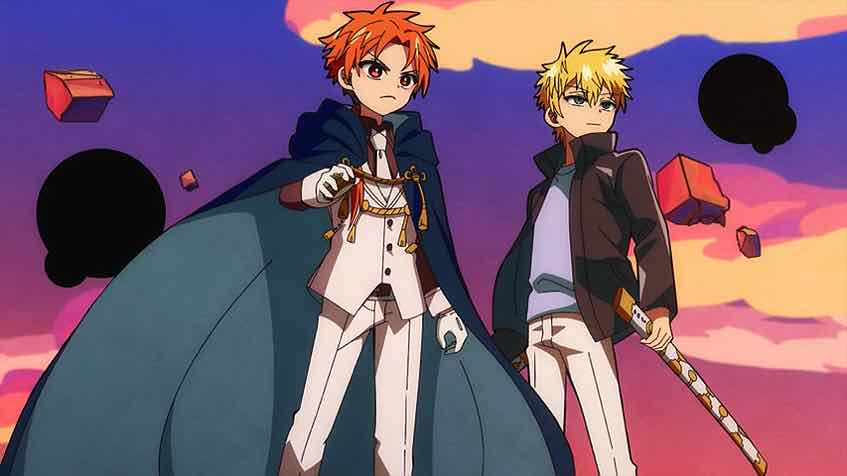
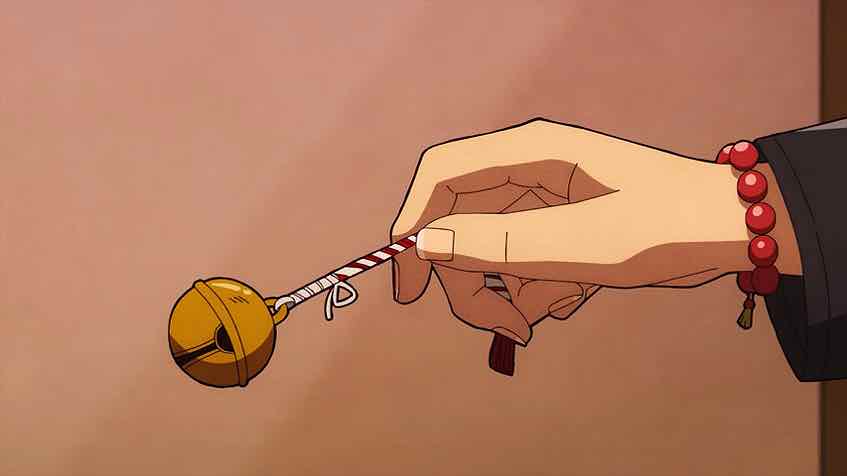
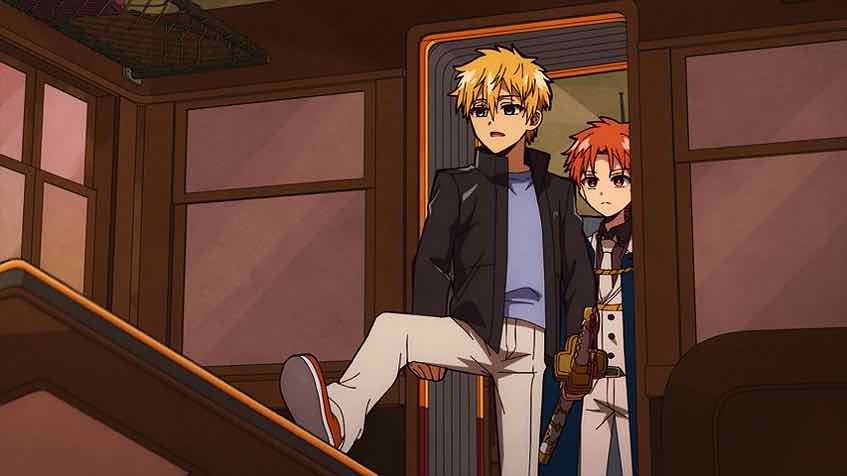
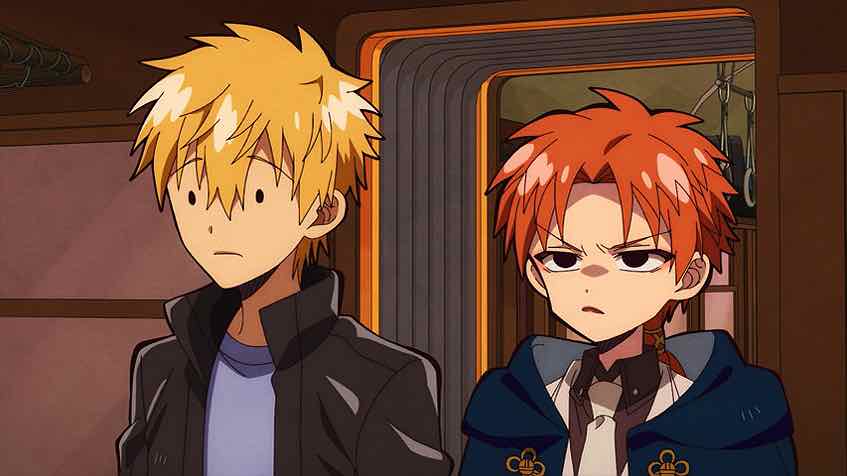
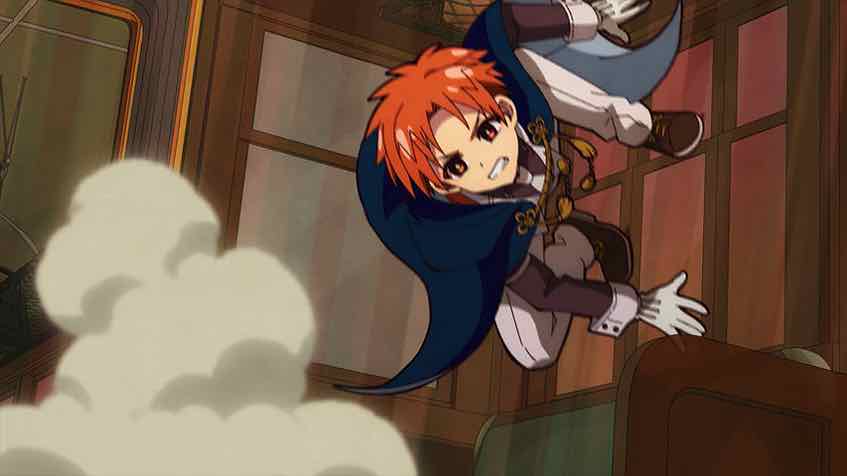
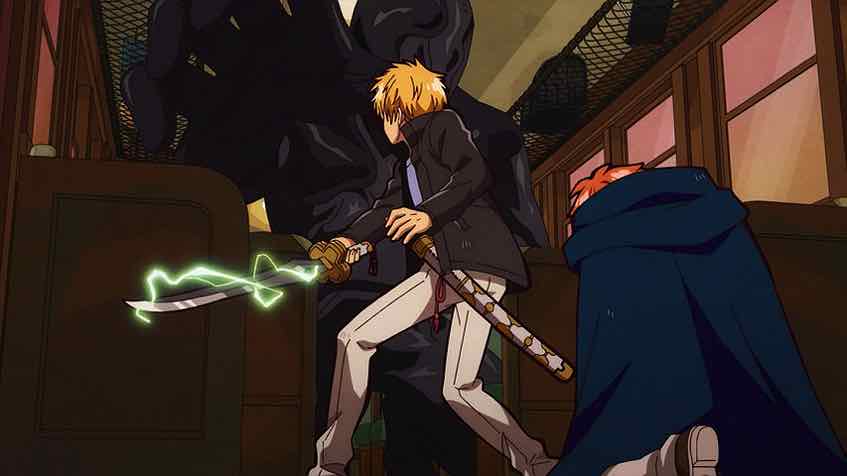
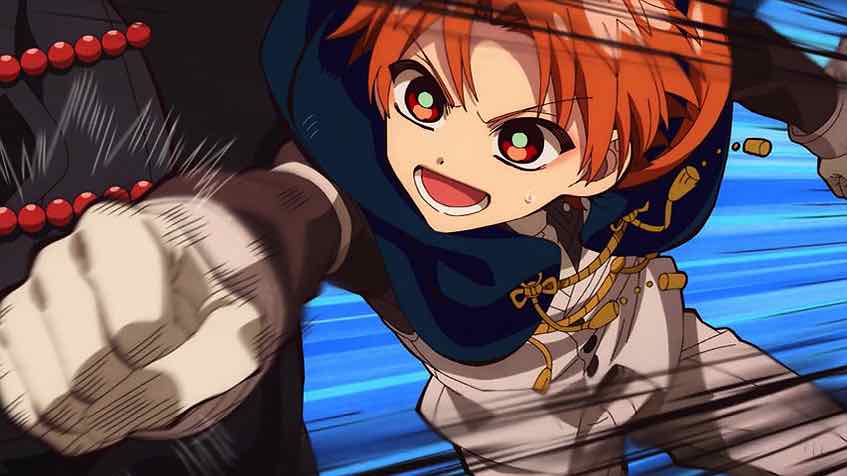
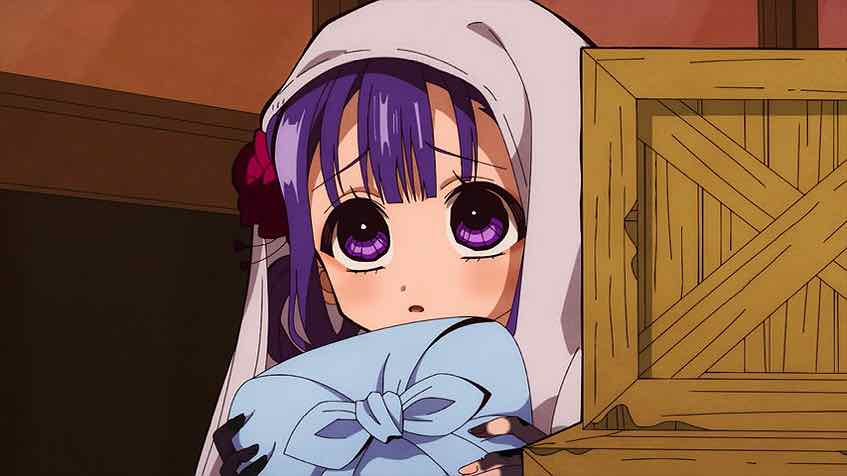
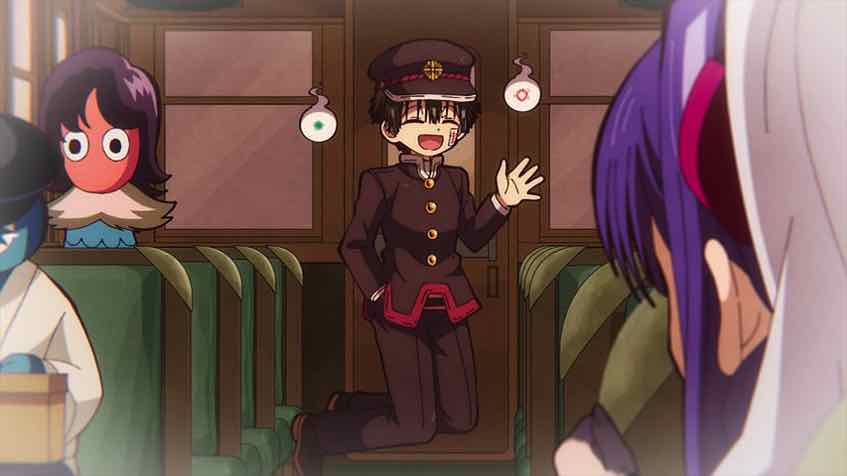
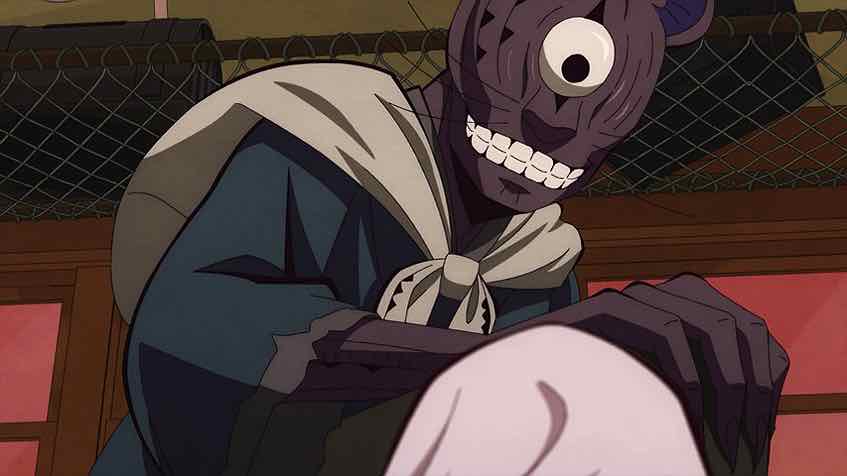
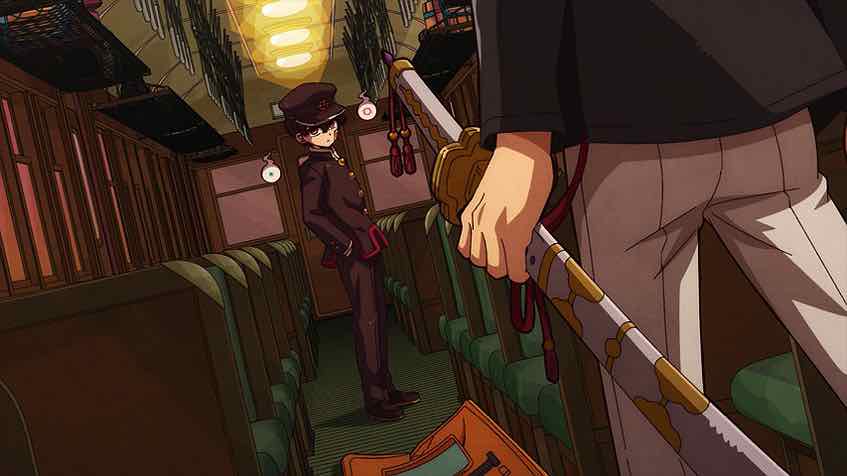
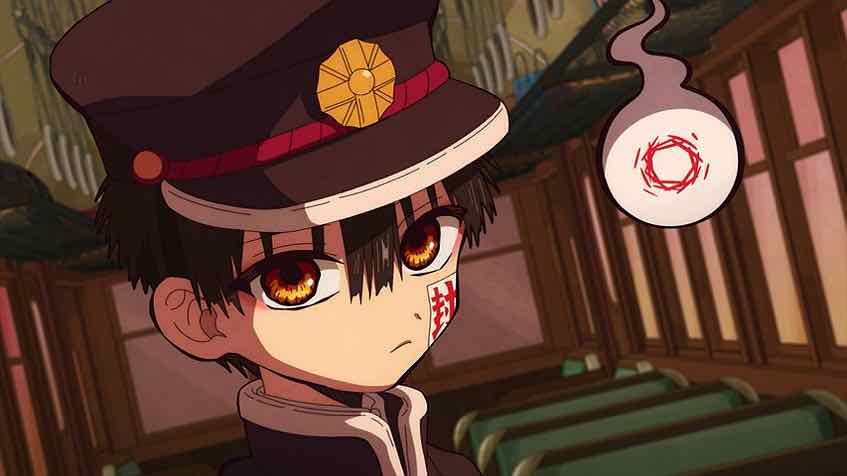
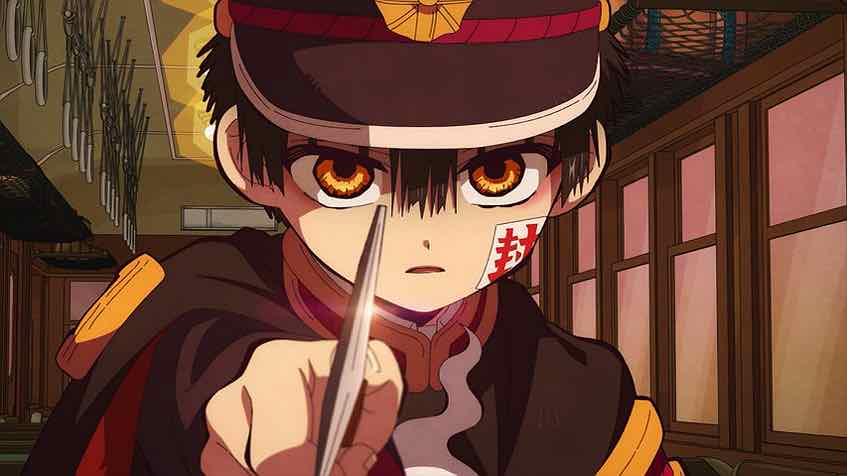
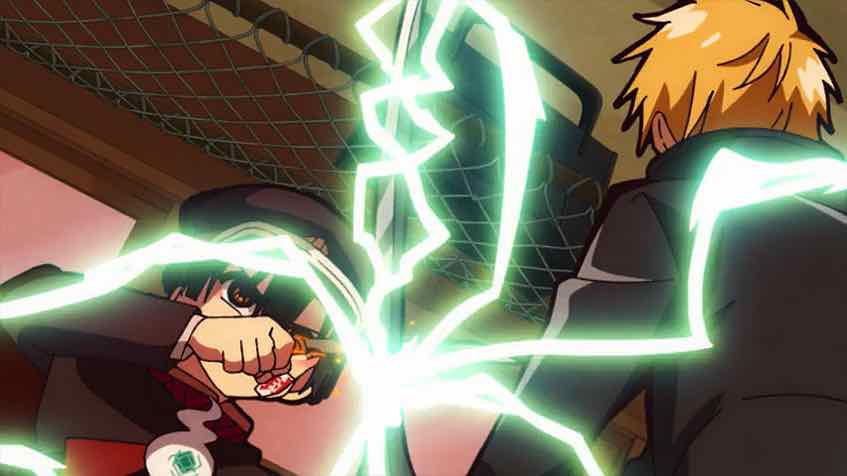
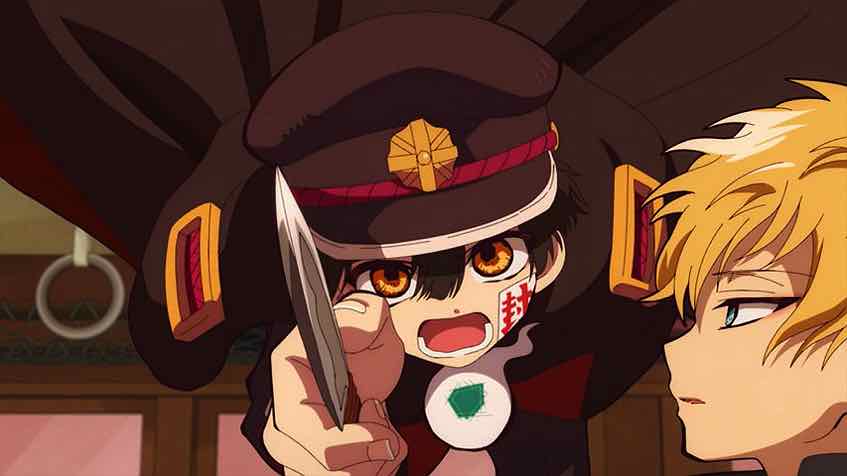
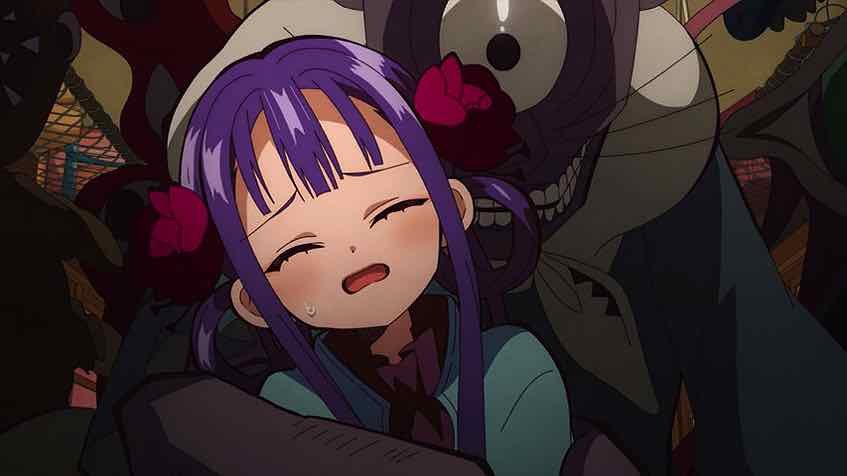
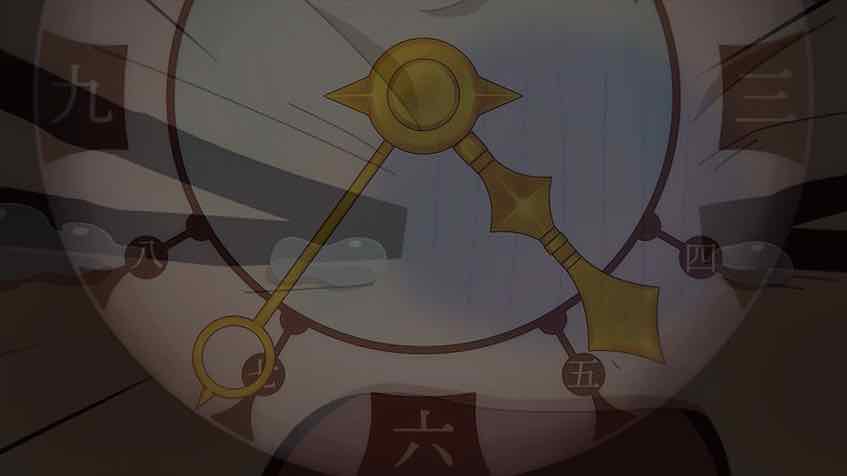
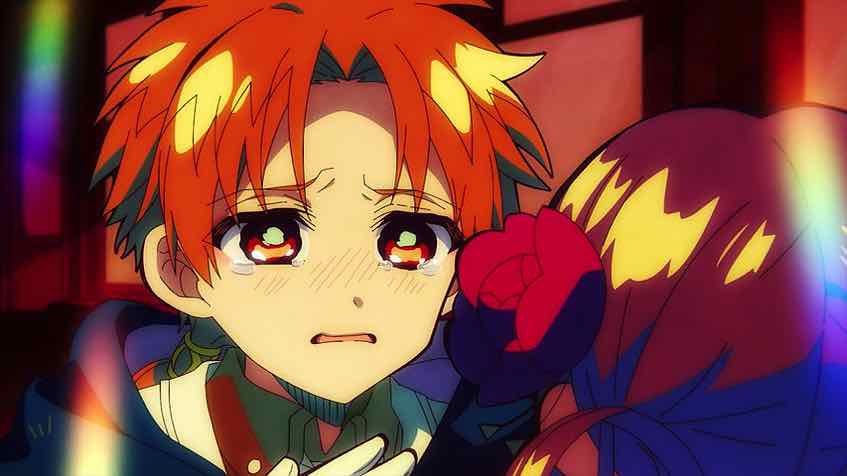
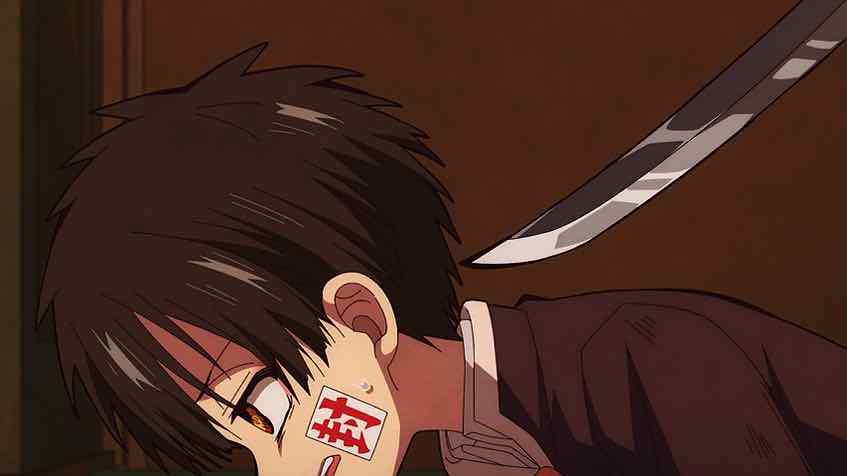
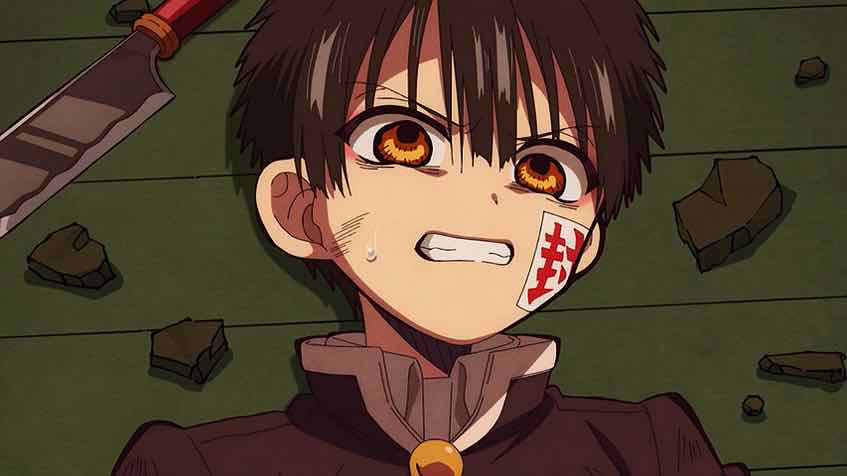
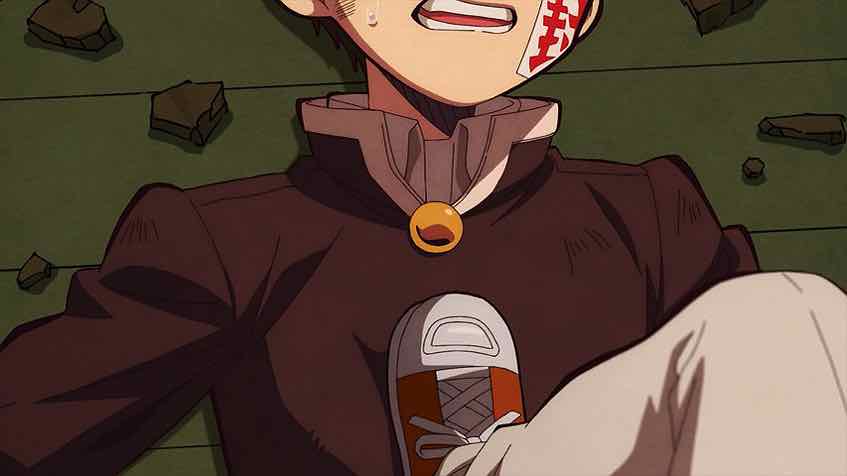
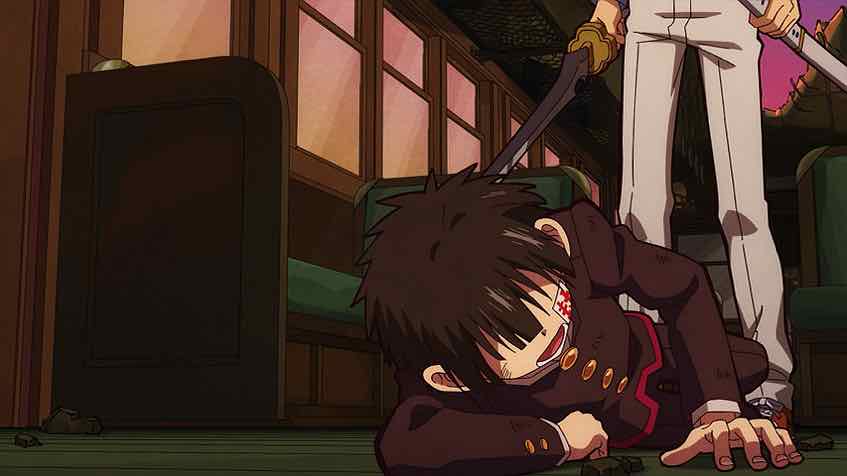
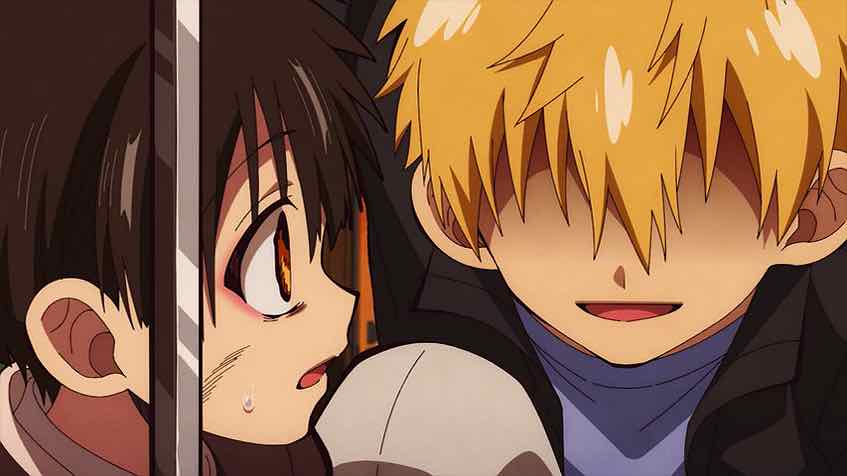
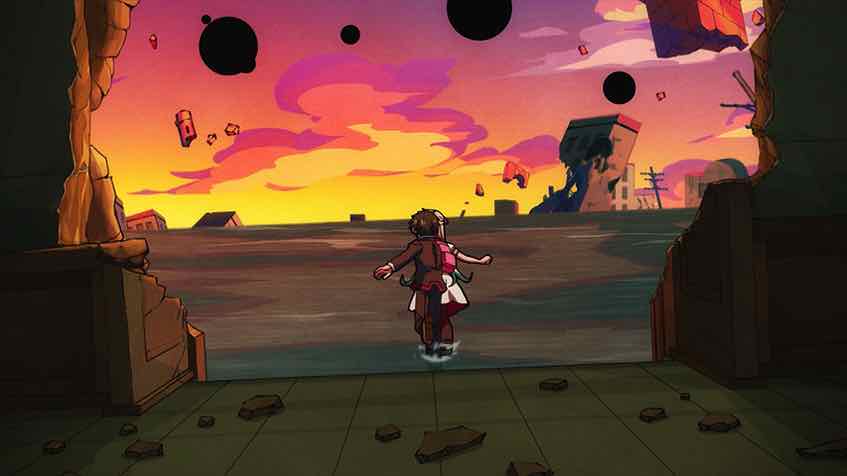
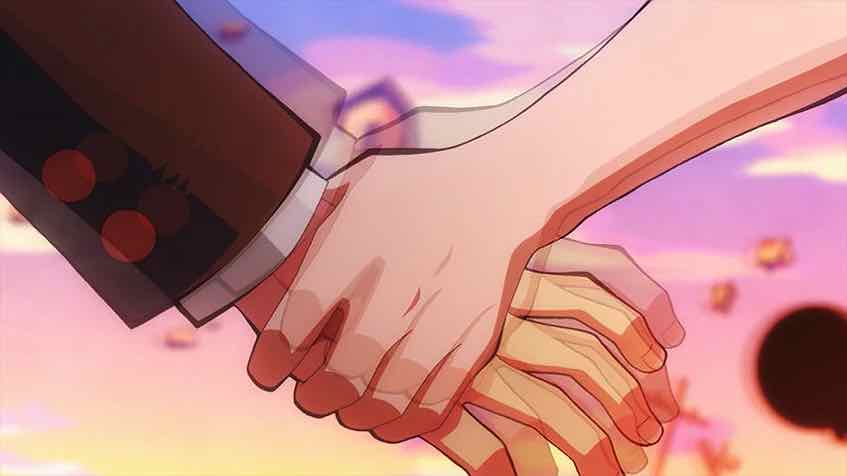
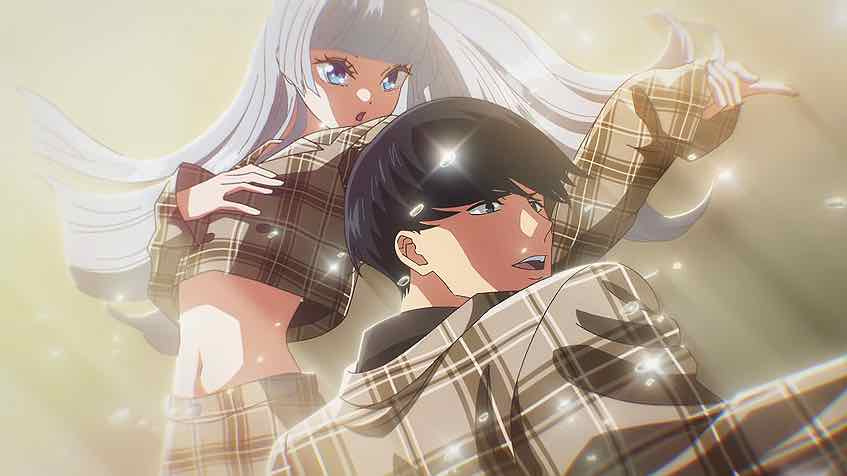
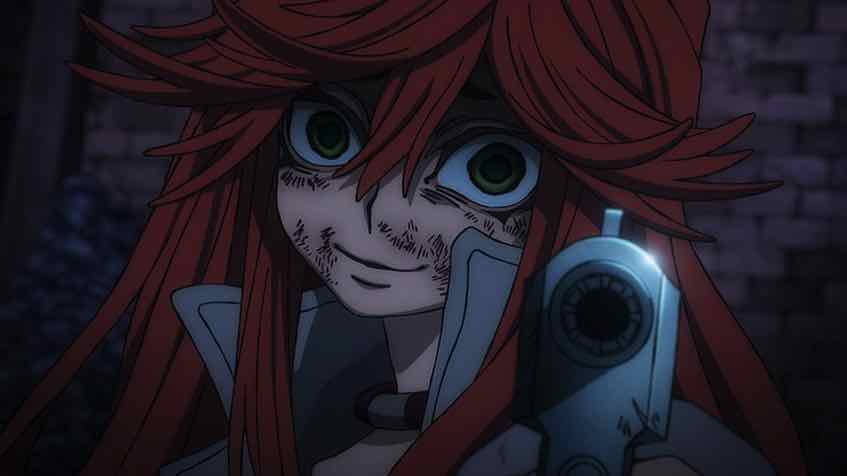
nickk
September 19, 2025 at 11:22 amI get that Teru is strong but I was slightly surprised to see Hanako be defeated that easily… maybe the seal is limiting his true powers?
On a sidenote, I liked the train symbolism and seeing it skirt over water reminds me of the iconic scene in Spirited Away 🙂
Guardian Enzo
September 19, 2025 at 12:02 pmYeah, that was yet another gorgeous moment. This adaptation gets nowhere near the credit it deserves for its visuals.
I’d sorta been assuming that Number Seven was in a weakened state after the Boundary was disconnected.
Ambystoma maculatum
September 21, 2025 at 5:57 amTeru is a very interesting character. I think you’re right that he’s pretty accurate in his analysis that Hanako justifies doing bad things by believing someone has to in order to protect the innocents, but I imagine Teru himself must be at least somewhat aware that it takes one to know one. Broadly speaking, I’d say the two of them even both believe they’re acting on behalf of the same people! Each of them thinks he knows what’s best for Nene and Kou, but time and time again the series has shown that acting against someone’s wishes to “protect” them never actually leaves them happy.
And now (of course) Kou and Nene have teamed up to disrupt Teru’s plan as well as Hanako’s. I definitely agree that ultimately Kou would always make this decision regardless of other factors like Nene’s feelings for Hanako. Kou just doesn’t have it in him to stand by while someone else suffers, and however complicated his feelings are, at his core he believes Hanako doesn’t deserve this.